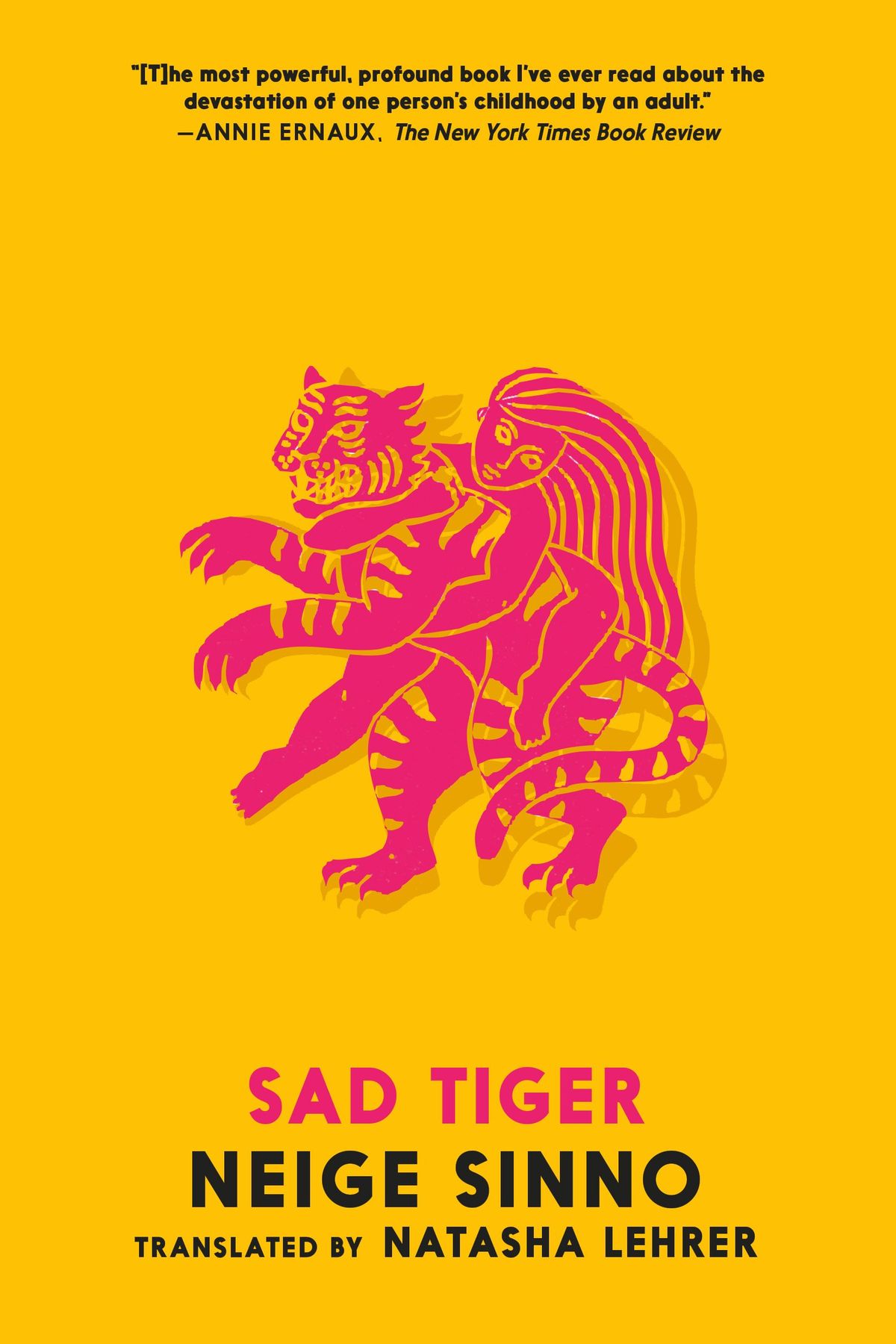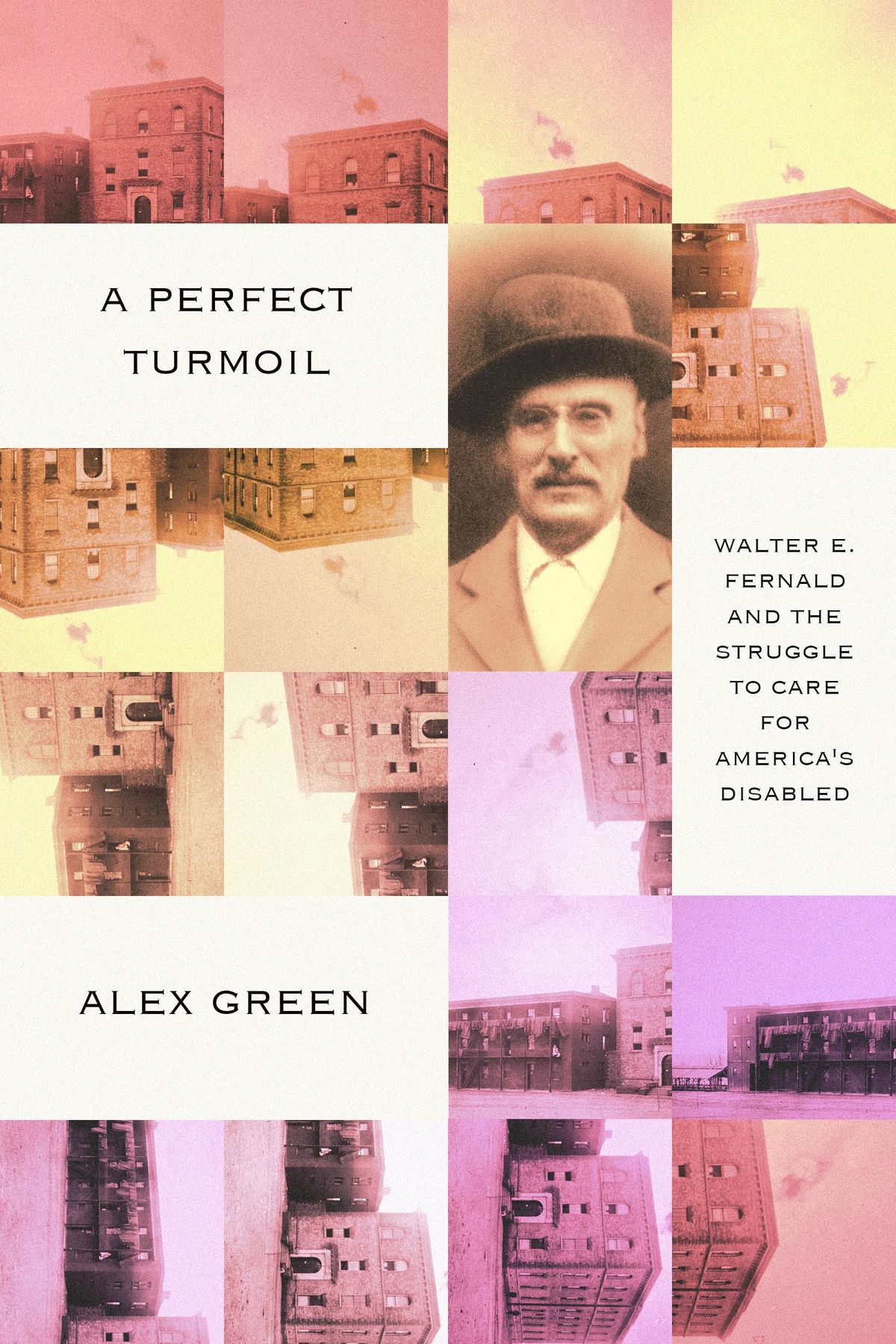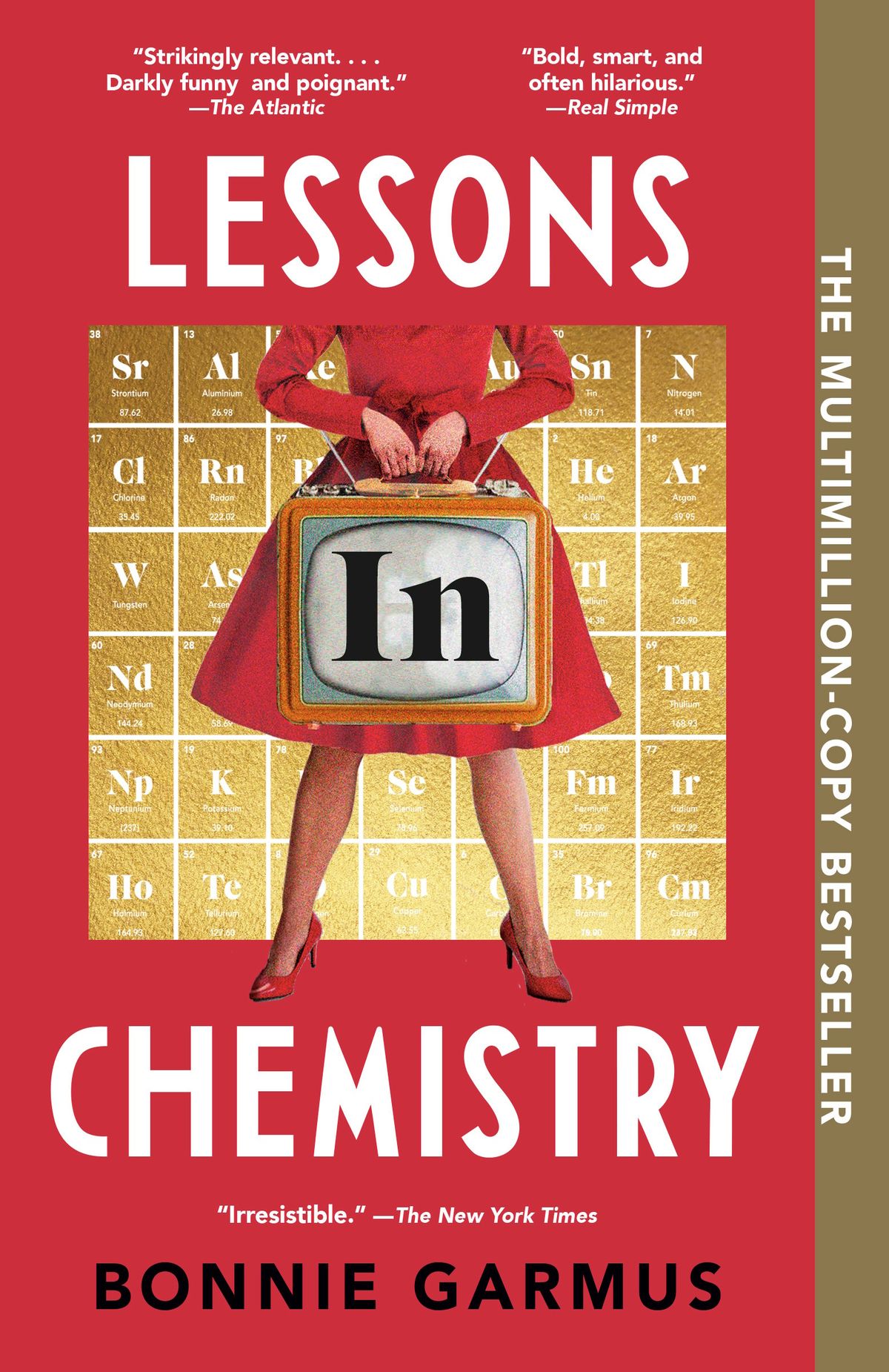11 new paperbacks to read this month
( Doubleday)
Fiction
1. ‘Lessons in Chemistry’ by Bonnie Garmus
The average book is released in paperback about a year after it first appears in hardcover. For perennial bestsellers – hardcovers that people refuse to stop buying, in other words – it can take longer. For Garmus’s debut, it’s been a full three years. (And nearly two since the TV adaptation starring Brie Larson aired.) Set in the early 1960s, the novel tells the entertaining story of a chemist named Elizabeth Zott whose scientific career is derailed by sexism. She then finds unlikely fame on TV as the host of a scientifically minded cooking show. In the Post, Karen Heller wrote that there is “an infectious absurdity to the book,” with its “indelible assemblage of stubborn, idiosyncratic characters.”
2. ‘Tom Lake’ by Ann Patchett
Patchett’s latest bestseller revolves around a woman and her three daughters reunited on their family-run cherry farm in Michigan during the pandemic summer of 2020. Over the course of that summer, Lara Kenison tells her daughters the story of her affair with a famous actor when she was 19 years old.
3. ‘Table for Two’ by Amor Towles
Towles’s many fans can turn to this collection while they wait for the next novel by the best-selling author of “A Gentleman in Moscow” and “The Lincoln Highway.” It features six short stories and one novella, “Eve in Hollywood.” The novella picks up Evelyn Ross, a character in Towles’ novel “Rules of Civility,” where that book left her, traveling by train from New York to Los Angeles.
4. ‘The Cemetery of Untold Stories’ by Julia Alvarez
Alvarez’s latest novel explores sisterhood, immigration and family secrets. It also charts new, at times surreal territory for the celebrated 75-year-old author. While writing it, Alvarez suffered a health crisis involving her vision. When she was able to start (slowly) writing again, she told The Post, “there was a new urgency to the novel – as if it were the last novel I would ever write.”
5. ‘The Spoiled Heart’ by Sunjeev Sahota
Sahota, whose novels have been twice nominated for the Booker Prize, here tells a shrewd story about identity politics and compassion. He builds his compelling drama around the election of a general secretary for Britain’s largest labor union. The Post’s Ron Charles called it a “brilliant” novel “that will consume any reader who picks it up.”
6. ‘Heart Lamp’ by Banu Mushtaq
This selection of Mushtaq’s stories about Muslim girls and women in southern India, translated by Deepa Bhasthi, is a finalist for this year’s International Booker Prize. (The winner will be announced May 20.) Mushtaq is a journalist, lawyer and women’s rights activist, and these fictional stories span more than 30 years of her career as an author. “Deceptively simple,” the judges for the International Booker wrote, “these stories hold immense emotional, moral, and socio-political weight, urging us to dig deeper.”
7. ‘Hellions’ by Julia Elliott
Elliott’s new collection of short stories has been described by more than one reader as “feral.” Incorporating elements of Southern gothic, fantasy, fairy tales and other genres, it showcases a fearless imagination. To take an example, here’s how the author described one story, “The Maiden,” in an interview with writer Lincoln Michel: “A group of small-town teens discover the transcendent magic of an outcast girl named Cujo who hexes kids by performing supernatural trampoline stunts.” She’s at work, she said in the same interview, on an “absurd, psychedelic, sci-fi” novel that is “infested with psychonauts, tech tycoons, and otherworldly bullfrogs.”
Memoir
8. ‘Sad Tiger’ by Neige Sinno
Sinno’s devastating memoir, translated by Natasha Lehrer, won several literary awards and sold lots of copies after it was published in France in 2023. It recounts the sexual abuse Sinno’s stepfather committed against her for years, beginning when she was about 7 years old. As an adult, Lehrer filed a complaint against him, which led to a jury trial that was open to the public. The Guardian said the book “ditches linear narrative, yet races along like a thriller.” Sinno, a scholar, also offers analysis of the way sexual abuse has been portrayed by writers like Vladimir Nabokov and Virginia Woolf.
History
9. ‘Our Ancient Faith: Lincoln, Democracy, and the American Experiment’ by Allen C. Guelzo
The prolific Lincoln scholar Guelzo here reflects on the 16th president’s thoughts about – and faith in – democracy. He organizes the book around Lincoln’s views on intertwined themes: liberty, law, economics, race, slavery, emancipation. “As I would not be a slave, so I would not be a master,” Lincoln wrote. “This expresses my idea of democracy.”
10. ‘A Perfect Turmoil: Walter E. Fernald and the Struggle to Care for America’s Disabled’ by Alex Green
Fernald (1859-1924) was a pioneer in recognizing and helping people with developmental disabilities. He left a very mixed legacy, explored by Green in this deeply researched biography. “He single-handedly did battle against some of the most disturbing forms of hate in American history and also perpetrated grave injustices himself,” Green writes. “He sought to understand the meaning and consequences of his actions in ways that provide an invaluable glimpse of one human being’s reckoning with ethics, power, and social responsibility.”
Citizenship
11. ‘Civic Self-Respect’ by Ralph Nader
Nader’s latest book, about the importance of understanding and cultivating the life of a good citizen, is, in a word, timely.


